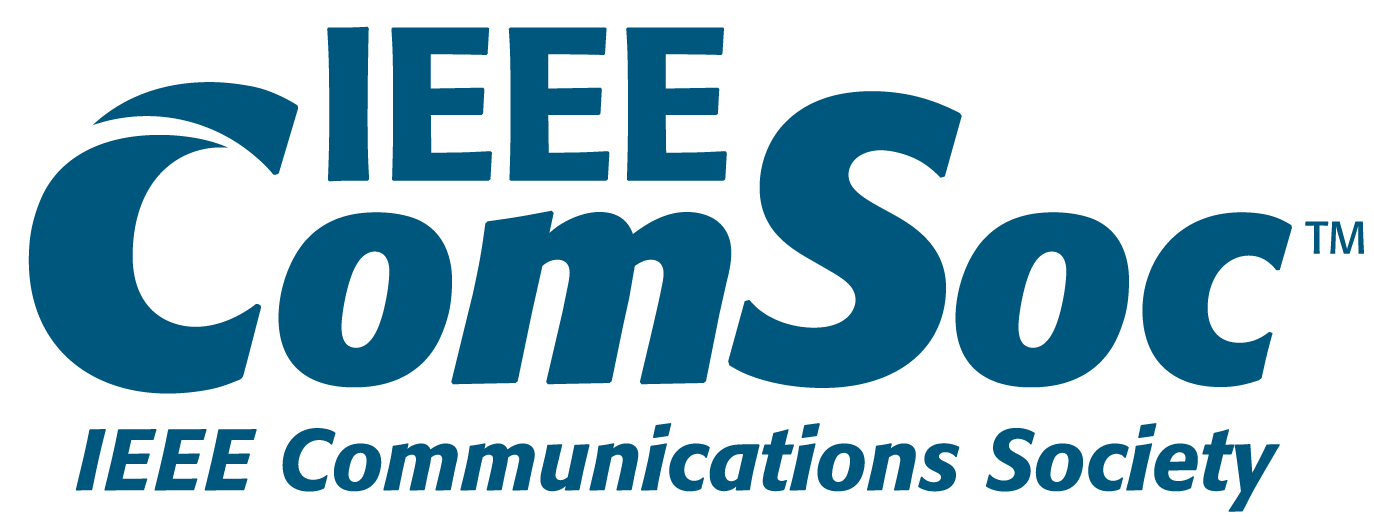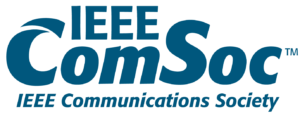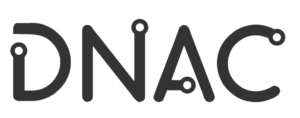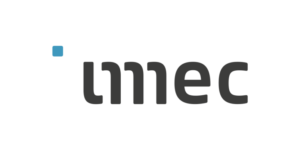Call For Tutorials
The 13th International Conference on Network of the Future (NoF) provides a forum for researchers, students, and professionals to exchange ideas, share their experiences, and discuss their research results in the area of Future Internet design, with an emphasis on enabling and cutting-edge technologies.
Tutorials are an integral part of the program of NoF 2022. They should provide participants with an overview and introduction to new network technologies from the perspectives of specification, design, implementation, application, and management of future networks. Tutorials should focus on hands-on experiences.
Experts are invited to submit quarter-day (1.5 hours) or half-day (3.5 hours) tutorial proposals.
NoF 2022 will be held at “Het Pand” in the historical Center of Ghent, Belgium.
As the Covid-19 pandemics appears to be under control, the conference will be designed and prepared as an on-site event allowing registrants to participate in-person again. In the case the situation is worsening again, we will be ready to convert the conference to a hybrid or a fully online event.
Topics of interest
The topics of interest include, but are not limited to:
Networks
- 5G and Beyond (5GB) networks
- Virtual networks
- Overlay networks
- Intermittently connected networks
- Wireless networks and cellular networks
- Wireless sensor networks
- Access, metro, backbone and core networks
- Next-generation carrier-grade networks
- Vehicular ad hoc networks and intelligent transportation systems
- Mesh and ad hoc networks
- Internet of Things networks and IoT-assisted wireless networks
- Information-centric networks
- Enterprise networks and campus networks
- Time-sensitive networks
- Data center networks
- Optical networks
- IP networks
- Home networks
- SCADA networks and distributed control systems
- Smart Cities and Smart Grids
- Resilient networks
Enablers
- Quality of service and traffic engineering
- Network Artificial Intelligence, Machine Learning and Reasoning
- Network Data Analytics, Anomaly Detection, Feature Extraction
- Network automation and orchestration
- Autonomic, Cognitive and Intent-based Networking
- 5GB Network Architecture, Services and Protocols
- 5GB Control and Management Architecture
- 5GB Functional Decomposition and Composition
- Advanced 5GB Infrastructure Slicing and Radio Slicing
- Scalability and multi-tenancy in 5GB
- Network Programmability and Softwarization
- Protocols for Ultra-Low Latency and Ultra-High Reliability
- Fog, Edge and Multi-Access Computing
- Software Defined Networking (SDN) and High Availability
- Network Function Virtualization (NFV) and Orchestration
- Service Function Chaining and Virtual Network Embedding
- Big data and Fast Data Processing and Management
- CDN Architectures and Network Cache Allocation Schemes
- Advanced multimedia and real-time communications
- Performance, Optimization and Resource Dimensioning
- Security, Trust and Privacy
- Use of Blockchains in Networking and Servicing
- Energy-aware networking
- Delay/Disruption-tolerant networking
Business and Legal Aspects
- Economic aspects
- Multi-stakeholder aspects
- Service level agreements
- Lifecycle aspects
- Process and workflow aspects
- Legal perspective
- Regulatory perspective
- Privacy aspects
Methods
- Mathematical optimization
- Control theory
- Probability theory, stochastic processes, and queueing theory
- Machine/Reinforcement/Federated/Deep learning and artificial intelligence
- Evolutionary algorithms
- Economic theory and game theory
- Mathematical logic and automated reasoning
- Data mining and (big) data analysis
- Monitoring and measurements
- Computer simulation experiments
- Prototype implementation and testbed experimentation
- Field trials
Submission guidelines
A NoF 2022 tutorial proposal should be submitted in a single PDF file (4 pages max.), and must include the following:
- Tutorial title
- Tutorial Duration: either 1.5 hours or 3.5 hours (with a break)
- Abstract briefly describing the concept and content of the tutorial (no more than 300 words)
- Names, affiliations, and short biographies of the speakers highlighting their experience on the proposed topic (no more than 300 words per speaker).
- Intended audience and a brief description of the background required by the tutorial attendees.
- Tutorial content: a detailed description of the tutorial content. It should highlight the relevance and timeliness of the addressed topic, the goal of the tutorial, and an outline of its content.
- Hand-out material: a description of the non-interactive material that will be provided to the tutorial’s attendees (e.g., slides, code snippets, tools, virtual machines).
- Hands-on material: a description of the interactions that will be asked attendees to perform, as well as a readme file with all necessary steps required by attendees to follow along.
Please remember that tutorials should be heavily focused on hands-on experiences.
Tutorial proposals without interactive material are also acceptable but they are discouraged.
Please submit proposals electronically through EDAS: https://edas.info/N29432.
Upon acceptance, the final materials for the tutorials (e.g., slides, documents, virtual machine images) will have to be submitted to the tutorial co-chairs by email.
If you have any questions, please contact the tutorial co-chairs (ramin.sadre@uclouvain.be and jeroen.famaey@uantwerpen.be).
Important dates
- Tutorial proposal submission deadline: August 26, 2022
- Proposal acceptance notification: September 2, 2022
- Tutorial material submission: September 21, 2022
Tutorial Co-Chairs
- Ramin Sadre, Catholic University of Louvain, Belgium
- Jeroen Famaey, University of Antwerp – imec, Belgium








